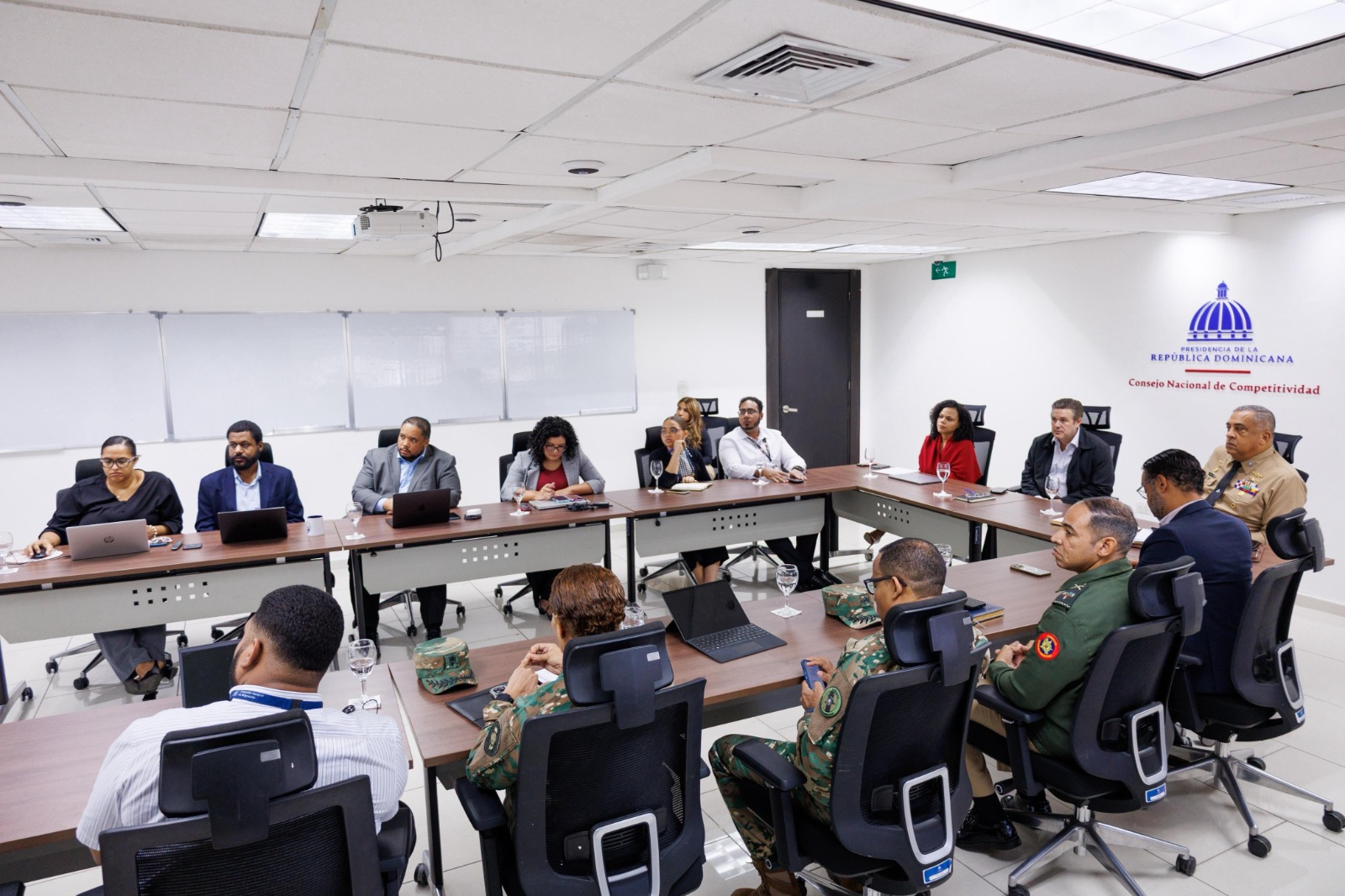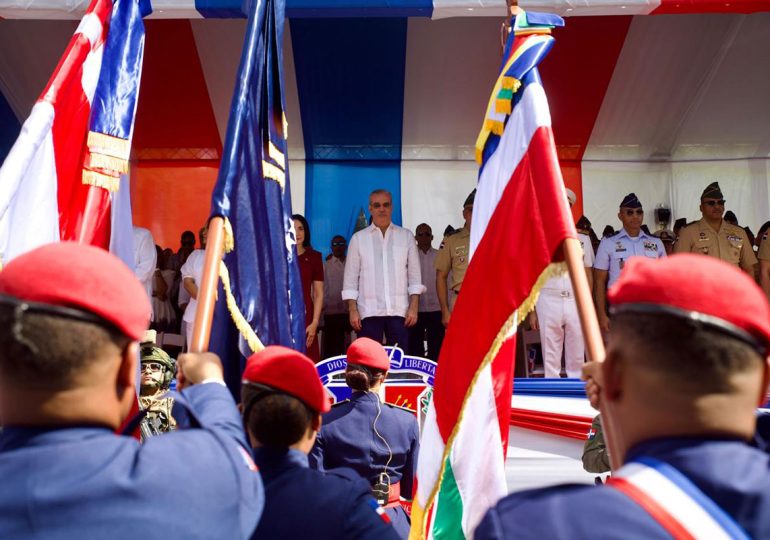SANTO DOMINGO – In a significant move to bolster national identity within educational institutions, the Dominican Republic’s Ministry of Education (Minerd) has inaugurated the ‘Dominicans at 100%’ campaign. Launched this Tuesday as a cornerstone of the nation’s patriotic trimester, the initiative is designed to deeply embed civic and patriotic values throughout the educational community. The campaign strategically repositions schools as dynamic hubs where national history, core values, and symbols are not merely taught but actively celebrated and integrated into daily student life.
This comprehensive program is intrinsically linked to the newly formalized ‘Morality, Civics, and Citizen Ethics’ curriculum, a subject introduced at the start of the current academic year to advance students’ holistic development. Utilizing a multi-faceted approach, the campaign employs compelling audiovisual materials, concise educational capsules, and powerful narrative storytelling. These resources are crafted to honor the legacy of national heroes while simultaneously celebrating contemporary citizens whose everyday deeds foster a more conscientious and united society.
Anchoring the initiative is its resonant rallying cry, ‘No le bajes!’—an urgent appeal for unwavering daily dedication to civic duty, reverence for national emblems, and steadfast patriotic principles. Education Minister Luis Miguel De Camps articulated that this endeavor embodies the ministry’s overarching mission to champion value-based learning and cultivate citizens who are deeply invested in democratic processes and the nation’s progress. Minerd further emphasized that the campaign is a pivotal component of a broader strategy to enhance active citizenship and elevate educational standards through impactful and meaningful communication channels.









